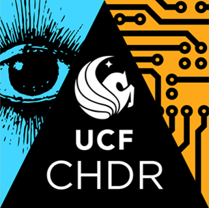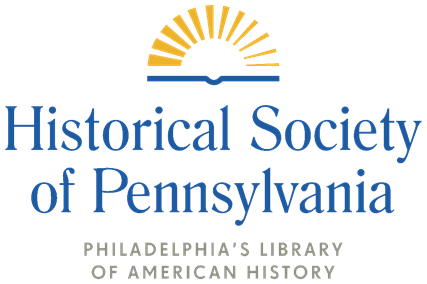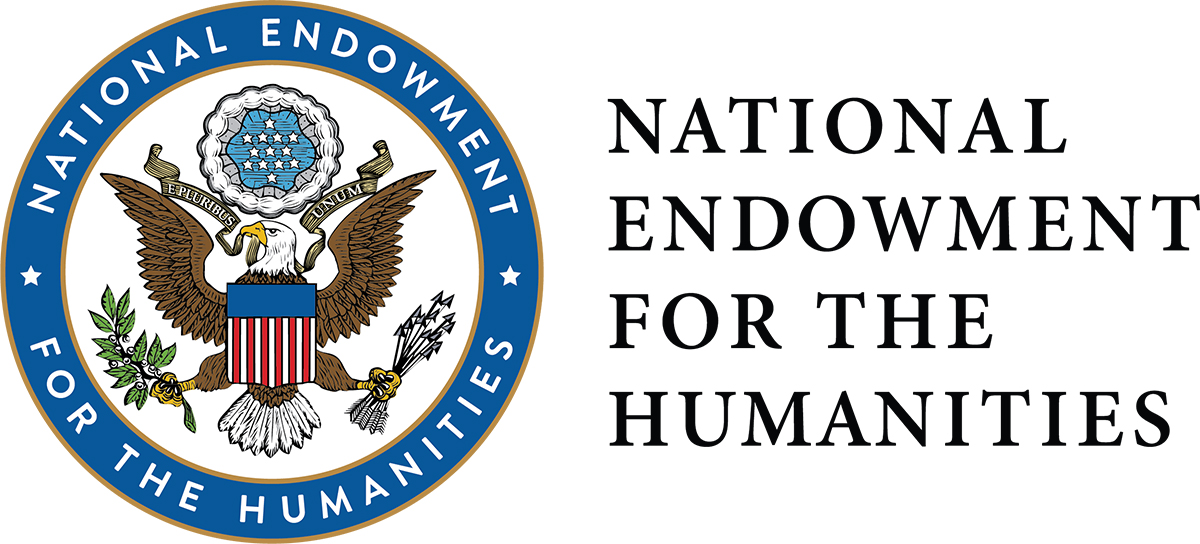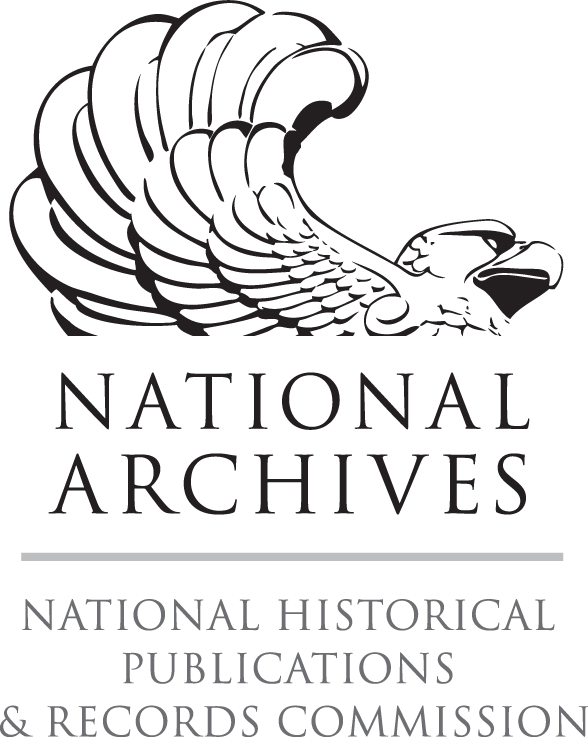About
PRINT (People, Religion, Information Networks, and Travel) is an interdisciplinary and collaborative digital humanities project house at the University of Central Florida. We are tracing the communication networks of early modern European religious minorities including Anabaptists, Quakers, and Pietists to better understand how they influenced migration flows in the seventeenth and eighteenth centuries. Drawing on roughly 3,000 letters from several repositories across the United States, the United Kingdom, the Netherlands, and Germany, the PRINT team is working to create a portal where these historical letters will become accessible to everyone. Researchers will be able to use the portal to create visualizations of the links in the letters, including family relations, religious connections, and cultural ties. Our goal is to connect the past to the present by enabling users to examine early modern people’s mobility, migration, and travel.
Project Design
PRINT aims to make the letters of religious refugees and missionaries- ordinary early modern people- accessible by creating a portal where users can discover a variety of connections between correspondents and visualize their movements. Working together with the archives that hold the original documents, and through engagement with citizen scholars in transcribing and translating the correspondence, PRINT will allow individuals to visualize a variety of networks and read the original sources behind these visualizations.
Our goals are to:
- Visualize the continuously changing communication networks that are revealed in the letters to understand how these ties between religious groups influenced the migration patterns of this period.
- Utilize the Zooniverse platform for crowdsourcing the transcriptions and translations, creating an easily accessible digital collection.
- Harness the power of the Zooniverse platform for crowdsourcing the transcriptions and translation.
- Develop open-sources tools that connect these network visualizations to the correspondence database.
- Make PRINT a repository of historical information for researchers and the general public.
We have created a prototype visualization of communication lines displayed on a period map.
A Letter of Accountability
PRINT strives to be transparent and accountable regarding our sources and methodologies. Please take a moment to read our letter of accountability by clicking here.
The Repositories
PRINT draws on numerous collections from multiple archives of seventeenth- and eighteenth-century letters written by Anabaptists, Quakers, and Pietists. The original manuscripts are housed in the following repositories:
Stadsarchief Amsterdam
The Amsterdam City Archives is the collective memory of Amsterdam, Amstelveen, Ouder-Amstel and Diemen with almost 750 years of documents, personal data, images and stories.
Archives of the Franckesche Stiftungen, Halle
The archive of the Francke Foundations reflects more than 300 years of history. The collections cover the origins and development of the global pietist reform movement, the first organized Protestant mission, and the social and educational institutions founded by theologian August Hermann Francke (1663-1727) in Halle, Germany.
Historical Society of Pennsylvania
The Historical Society of Pennsylvania, founded in 1824, is one of the nation’s largest archives of historical documents. The Historical Society of Pennsylvania serves as Philadelphia's Library of American History with over 21 million manuscripts, books, and graphic images encompassing centuries of US history.
Staatsbibliothek zu Berlin
The Berlin State Library is the largest scientific library in Germany and the central library for humanities and social science research in Berlin. Founded in 1661, it houses a variety of unique and diverse collections, portals, and more.
The Library of the Society of Friends
The Library of the Society of Friends, based at Friends House in London, England, is a unique resource and is one of the largest Quaker collections in the world. The library seeks to collect and preserve a record of Quaker activity.
How You Can Contribute
The PRINT Portal’s full database is not yet public. A team of researchers is currently working to collaborate with individuals and institutions to contribute and transcribe correspondence. If you are interested in partnering with us, please contact us.








